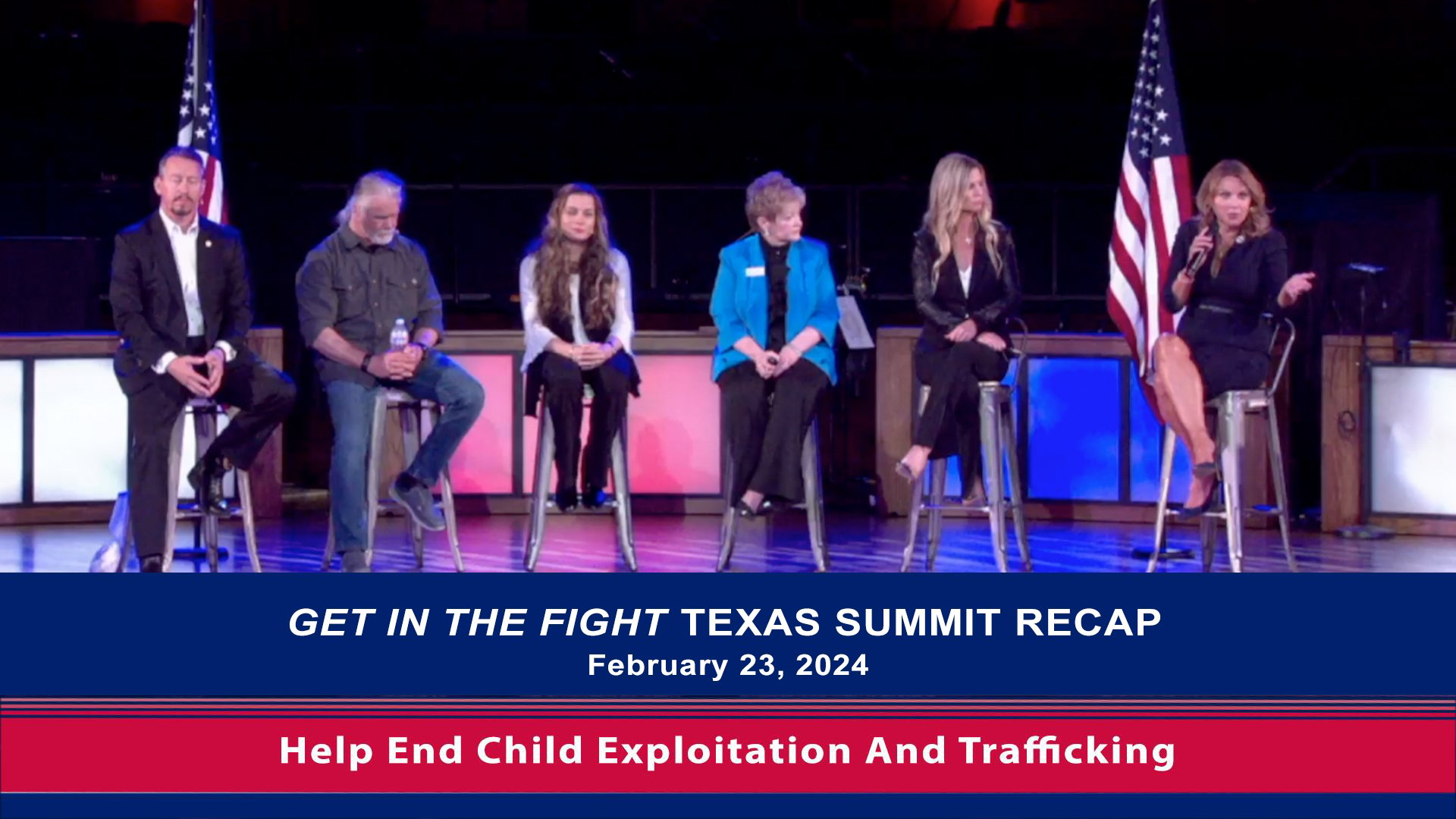750.13 Taking or enticing any minor under 16 years
Click To Read: 750.13 Taking or enticing any minor under 16 years
Summary: This statute establishes that it is a felony punishable by imprisonment of up to 10 years for enticing a minor who is under 16 from their parent or guardian without their consent for the purpose of prostitution, concubinage, sexual intercourse or marriage.
750.38 Personal Violence or Human Form; Displaying
Click To Read: 750.38 Personal Violence or Human Form; Displaying
Summary: This statute prohibits displaying pictures representing personal violence or human form in an attitude or dress which would be indecent. A person found to have violated this statute is guilty of a misdemeanor.
750.157a Conspiracy to Commit Offense or Legal at in Illegal Manner: Penalty
Click To Read: 750.157a Conspiracy to Commit Offense or Legal act in Illegal Manner: Penalty
Summary: This statute defines conspiracy to commit an offense as, “any person who conspires together with one or more persons to commit an offense prohibited by law, or to commit a legal act in an illegal manner.” It further outlines the punishments for a person found to be guilty of the offense.
750.157c Recruiting, inducing, soliciting, or coercing a minor to commit a felony
Click To Read: 750.157c Recruiting, inducing, soliciting, or coercing a minor to commit a felony
Summary: This statute prohibits, ” a person who is 17 years or older from recruiting, inducing, soliciting or coercing a minor less than 17 years old to commit or attempt to commit an act that would be a felony if committed by an adult.” A violation of this statute is punishable by imprisonment for up to the maximum term authorized by the law outlining the offense or by a fine of up to 3 times the amount authorized by the law for that act.
750.159g “Racketeering” defined
Click To Read: 750.159g “Racketeering” defined
Summary: This statute defines racketeering, “as committing, attempting to commit, conspiring to commit, or aiding or abetting, soliciting, coercing, or intimidating a person to commit an offense for financing gain by obtaining money, property, or any other thing of value, involving any of the statute violations listed in this statute.”
750.349 Kidnapping; Restrain Defined; violation as felony; penalty; other violation arising from same transaction
Click To Read: 750.349 Kidnapping; Restrain Defined; violation as felony; penalty; other violation arising from same transaction
Summary: This statute outlines the crime of kidnapping as, ” person commits the crime of kidnapping if he or she knowingly restrains another person with the intent to do 1 or more of the following: a) hold that person for ransom or reward; b) use that person as a shield or hostage; c) engage in criminal sexual penetration or criminal sexual contact with that person; d) take that person outside this state; e) hold that person in involuntary servitude; f) engage in child sexually abusive activity, as that term is defined in 145c, with that person if they are a minor.” This crime is a felony and punishable by a fine of up to $50,000 and/or imprisonment for life.
750.349b Unlawful imprisonment; circumstances; violation as felony; penalty; other violations
Click To Read: 750.349b Unlawful imprisonment; circumstances; violation as felony; penalty; other violations
Summary: This statute defines unlawful imprisonment as, “a person commits the crime of unlawful imprisonment if he or she knowingly restrains another person under any of the following circumstances: (a) The person is restrained by means of a weapon or dangerous instrument; (b) The restrained person was secretly confined;(c) The person was restrained to facilitate the commission of another felony or to facilitate flight after commission of another felony.” Violation of this statute is a felony punishable by imprisonment for up to 15 years and/or a fine of up to $20,000.
750.350 Leading, taking, carrying away, decoying or enticing away a child under 14; intent; violation as felony; penalty; adoptive or natural parent
Click To Read: 750.350 Leading, taking, carrying away, decoying or enticing away a child under 14; intent; violation as felony; penalty; adoptive or natural parent
Summary: This statute prohibits a person from, “maliciously, forcibly, or fraudulently lead, take, carry away, decoy, or entice away, any child under the age of 14 years, with the intent to detain or conceal the child from the child’s parent or legal guardian, or from the person or persons who have adopted the child, or from any other person having the lawful charge of the child.” A violation of this statute is a felony and is punishable by imprisonment for any term up to a life sentence. However, the statute does note that an adoptive or natural parent of the child shall not be charged with and convicted for a violation under this statute.
750.350a Taking or retaining child by adoptive or natural parent; intent; violation as felony; penalty; restitution for financial expense; effect of pleading or being found guilty; probation; discharge and dismissal; court proceedings open to public; retention of nonpublic record by department of state police; defense
Click To Read: 750.350a Taking or retaining child by adoptive or natural parent; intent; violation as felony; penalty; restitution for financial expense; effect of pleading or being found guilty; probation; discharge and dismissal; court proceedings open to public; retention of nonpublic record by department of state police; defense
Summary: This statute prohibits, “an adoptive or natural parent of a child from taking that child for more than 24 hours with the intent to detain or conceal the child from any other parent or legal guardian of the child who has custody or parenting time rights under a lawful court order at the time of the taking.” It further outlines the punishment for violating this statute.
750.462a Definitions
Click To Read: 750.462a Definitions
Summary: This statute provides the definitions for the key terms used throughout Chapter 462.
750.462b Forced labor or services; prohibition
Click To Read: 750.462b Forced labor or services; prohibition
Summary: This statute prohibits, “any person from knowingly recruiting, enticing, harboring, transporting, providing, or obtaining an individual for forced labor or services.”
750.462c Holding individuals in debt bondage
Click To Read: 750.462c Holding individual in debt bondage
Summary: This statute prohibits, “any person from knowingly recruiting enticing, harboring, transporting, providing or obtaining an individual for the purpose of holding the individual in debt bondage.”
750.462d Prohibited conduct
Click To Read: 750.462d Prohibited conduct
Summary: This statute prohibits any person from doing either of the following , “1) Knowingly recruit, entice, harbor, transport, provide, or obtain an individual by any means, knowing that individual will be subjected to forced labor or services or debt bondage; 2) Knowingly benefit financially or receive anything of value from participation in an enterprise, as that term is defined in section 159f, if the enterprise has engaged in an act proscribed under this chapter.”
750.462e Forced labor or services; prohibited conduct as it relates to age of minor
Click To Read: 750.462e Forced labor or services; prohibited conduct as it relates to age of minor
Summary: This statute prohibits any person from doing either of the following, regardless of whether the person knows the age of the minor: a) Recruit, entice, harbor, transport, provide, or obtain by any means a minor for commercial sexual activity; b) Recruit, entice, harbor, transport, provide, or obtain by any means a minor for forced labor or services.”
750.462f Violation of MCL 750.462b, 750.462c, and 750.462d; violation of MCL 750.462e; attempting, conspiring, or soliciting another to violate chapter; violation of law arising out of same transaction; consecutive terms; restitution
Click To Read: 750.462f Violation of MCL 750.462b, 750.462c, and 750.462d; violation of MCL 750.462e; attempting, conspiring, or soliciting another to violate chapter; violation of law arising out of same transaction; consecutive terms; restitution
Summary: This statute provides additional factors that could lead to additional punishments for violations of certain statutes within the chapter.
750.462g Testimony of victim; admissibility of expert testimony as to human trafficking victim’s behavior
Click To Read: 750.462g Testimony of victim; admissibility of expert testimony as to human trafficking victim’s behavior
Summary: This statute provides that the testimony of a victim of human trafficking is not required in a prosecution but if the victim testifies, that testimony does not need to be corroborated. This statute further provides that, “expert testimony as to the behavioral patterns of human trafficking victims and the manner in which a human trafficking victim’s behavior may deviate from societal expectations is admissible as evidence in court in a prosecution under this chapter if the expert testimony is otherwise admissible under the rules of evidence and laws of this state.”
750.462h Relevancy of resistance or lack of resistance
Click To Read: 750.462h Relevancy of resistance or lack of resistance
Summary: This statute provides that a victim’s resistance or lack of resistance to the actor is not relevant to the prosecution.
750.448 Soliciting, accosting, or inviting to commit prostitution or immoral act; crime
Click To Read: 750.448 Soliciting, accosting, or inviting to commit prostitution or immoral act; crime
Summary: This statute provides that, ” A person 16 years of age or older who accosts, solicits, or invites another person in a public place or in or from a building or vehicle, by word, gesture, or any other means, to commit prostitution or to do any other lewd or immoral act, is guilty of a crime punishable as provided in section 451.”
750.449 Admitting to place for purpose of prostitution; crime
Click To Read: 750.449 Admitting to place for purpose of prostitution; crime
Summary: This statute provides that, “A person 16 years of age or older who receives or admits or offers to receive or admit a person into a place, structure, house, building, or vehicle for the purpose of prostitution, lewdness, or assignation, or who knowingly permits a person to remain in a place, structure, house, building, or vehicle for the purpose of prostitution, lewdness, or assignation, is guilty of a crime punishable as provided in section 451”
750.449a Engaging services for purpose of prostitution, lewdness, or assignation; engaging services with person less than 18 years of age for purpose of prostitution, lewdness, or assignation; penalty
Click To Read: 750.449a Engaging services for purpose of prostitution, lewdness, or assignation; engaging services with person less than 18 years of age for purpose of prostitution, lewdness, or assignation; penalty
Summary: This statute provides that, “A person who engages or offers to engage the services of another person, not his or her spouse, for the purpose of prostitution, lewdness, or assignation, by the payment in money or other forms of consideration, is guilty of a misdemeanor. A person convicted of violating this section is subject to part 52 of the public health code, 1978 PA 368, MCL 333.5201 to 333.5210. A person who engages or offers to engage the services of another person, who is less than 18 years of age and who is not his or her spouse, for the purpose of prostitution, lewdness, or assignation, by the payment in money or other forms of consideration, is guilty of a crime punishable as provided in section 451.”
750.450 Aiding, assisting, or abetting; penalty
Click To Read: 750.450 Aiding, assisting, or abetting; penalty
Summary: The statute provides that, “A person 16 years of age or older who aids, assists, or abets another person to commit or offer to commit an act prohibited under section 448, 449, or 449a is guilty of a crime punishable as provided in section 451.”
750.451 Violation of MCL 750.448, 750.449, 750.449a(1), 750.450, or 750.462; prior convictions; penalty; prosecution of person under 18 years of age; presumption; report; investigation by department of health and human services; “prior conviction” define
Click To Read: 750.451 Violation of MCL 750.448, 750.449, 750.449a(1), 750.450, or 750.462; prior convictions; penalty; prosecution of person under 18 years of age; presumption; report; investigation by department of health and human services; “prior conviction” defined
Summary: This statute outlines the punishments for violating certain statutes within the chapter if the person is a minor or has a prior conviction.
750.451c Individual as victim of human trafficking violation; applicability of subsection (2); deferred proceedings; determination of court; violation of term or condition of probation; adjudication of guilt; circumstances; discharge and dismissal; proceedings open to public; record; nonpublic record; “human trafficking violation” defined
Click To Read: 750.451c Individual as victim of human trafficking violation; applicability of subsection (2); deferred proceedings; determination of court; violation of term or condition of probation; adjudication of guilt; circumstances; discharge and dismissal; proceedings open to public; record; nonpublic record; “human trafficking violation” defined
Summary: This statute provides that the court is required to discharge a charge of violating certain statutes against an individual if they can prove that their violation was a direct result of being a victim of human trafficking. It outlines the procedures and burden of proof that is required to be met in order to obtain a discharge.
750.452 House of ill-fame or for the purpose of prostitution or lewdness; keeping, maintaining, or operating as a felony; penalty
Click To Read: 750.452 House of ill-fame or for purpose of prostitution or lewdness; keeping, maintaining, or operating as felony; penalty
Summary: This statute provides that a person who “keeps, maintains, or operates, or aids and abets in keeping, maintaining, or operating, a house of ill-fame, bawdy house, or any house or place resorted to for the purpose of prostitution or lewdness is guilty of a felony punishable by imprisonment for not more than 5 years or by a fine of not more than $5,000.00, or both.”
750.454 Leasing houses for purposes of prostitution; misdemeanor
Click To Read: 750.454 Leasing houses for purposes of prostitution; misdemeanor
Summary: This statute provides that a person who leases any dwelling house knowing that the lessee intends to use it for the purpose of prostitution or other prohibited conduct or who knowingly permits the lessee to use the space for such purpose, is guilty of a misdemeanor. The individual can be sentenced for up to 6 months in prison or a fine of up to $750.
750.455 Certain conduct as felony
Click To Read: 750.455 Certain conduct as felony
Summary: This statute outlines specific conduct related to forcing or procuring people for the purpose of prostitution is a felony that is punishable by up to 20 years imprisonment.
750.457 Accepting, receiving, levying, or appropriating from earnings of person engaged in prostitution
Click To Read: 750.457 Accepting, receiving, levying, or appropriating from earnings of person engaged in prostitution
Summary: This statute provides that it is a felony to knowingly accept, receive, levy or appropriate any money or valuable thing without consideration from the proceeds of the earnings of any person engaged in prostitution.
750.458 Detaining person in house of prostitution for debt; felony
Click To Read: 750.458 Detaining person in house of prostitution for debt; felony
Summary: This statute provides that any person who attempts to detain any person in a house of prostitution because of any debts the person has contracted while living in that house is guilty of a felony and can be sentenced to prison for up to 20 years but no less than 2.
750.459 Transporting person for prostitution; sale of travel services for purposes of prostitution or human trafficking; conduct against minor; felony; “travel services” defined
Click To Read: 750.459 Transporting person for prostitution; sale of travel services for purposes of prostitution or human trafficking; conduct against minor; felony; “travel services” defined
Summary: This statute outlines the punishments for transporting a person for prostitution or offering to sell travel services for the purposes of engaging prostitution or human trafficking.
750.460 Acts committed outside state
Click To Read: 750.460 Acts committed outside state
Summary: This statute provides that it is not a defense to prosecution for a violation under this chapter if that violation was committed outside of the state of Michigan.
750.462 Female 16 years of age or less in house of prostitution; crime
Click To Read: 750.462 Female 16 years of age or less in house of prostitution; crime
Summary: This statute prohibits a person who, for purposes other than prostitution, takes or allows a minor who is 16 years or younger to remain in a house of prostitution
















